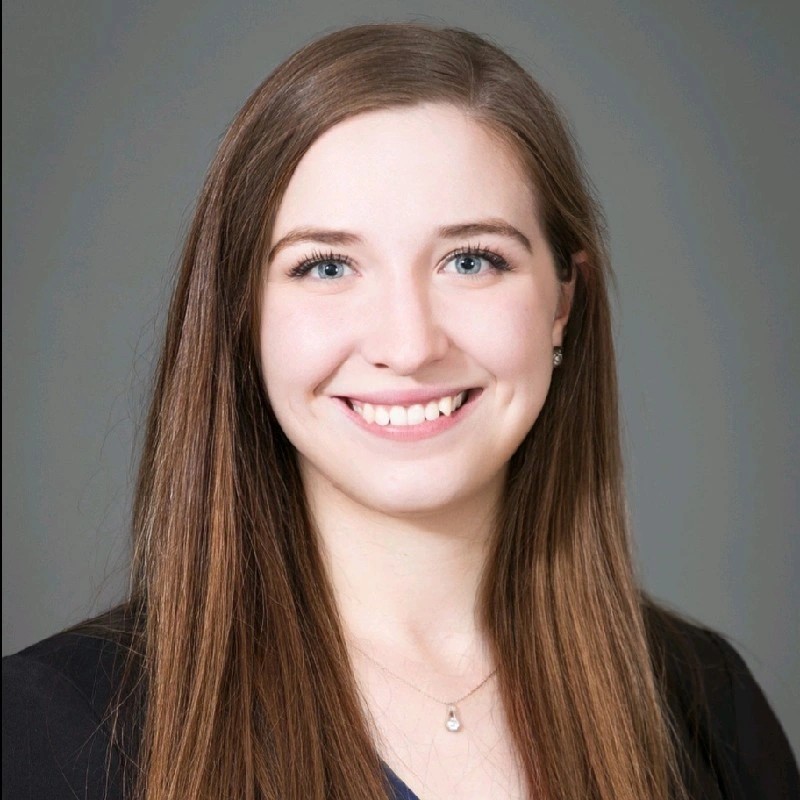
Article
February 20, 2024
Written by Brenda Gillen
Audiology Student Researches Security Vulnerabilities in Hearing Aids
Student combines her fascination with technology and research to uncover whether hearing aids that use Bluetooth technology can be hacked
University of Northern Colorado Doctor of Audiology student Katie Kim combined her fascination with technology and research in her scholarly project, “Hearing Aid Data Security: User Perceptions and Bluetooth Low Energy Security Assessment.”
“I’ve been enamored with technology since my dad and I built my first PC together,” Kim said.
She earned a Bachelor of Arts degree from the Metropolitan State University of Denver in 2021, where she majored in Speech, Language, and Hearing Sciences and minored in Computer Information Systems.
Her groundbreaking research was conducted with the guidance of Professor Don Finan, who chairs the Communication Sciences and Disorders department in the College of Natural and Health Sciences.
“In a world where everything is digital, protecting your information is imperative. Knowing what your devices are broadcasting, whether they’re hearing aids or something else, allows you to ascertain what precautions should be implemented.”
— Katie Kim
“I was in Dr. Finan’s class, and we were talking about deepfakes, or AI, and I wondered if you could hack a hearing aid,” Kim recalled.
Key to her study is Bluetooth technology — a standard for short-range wireless transmissions, commonly used to establish connections between devices like smartphones, headsets, car audio systems and smartwatches. Bluetooth low energy is an energy-conscious version that allows for hearing aid adjustments using smartphones or computers.
Kim’s research was twofold. First, she surveyed audiologists and their patients to gauge their concern about hearing aid security. Then, she measured what the hearing aids were broadcasting using Bluetooth.

“I wanted to find out if hearing aid users and audiologists who dispense those hearing aids care about the data security of them. Through 138 survey responses I found that people do care. Using a passive observation technique called ‘sniffing’ I measured the information being broadcast between hearing aids and smartphones. It included serial numbers, the manufacturer’s name and even the patient’s name, as many hearing aids use patient names as the device name,” Kim said.
That’s significant because patient’s names are protected under the Health Insurance Portability and Accountability Act of 1996, which restricts the release of medical information. Wearers and their doctors are unable to change the device name themselves.
“In a world where everything is digital, protecting your information is imperative. Knowing what your devices are broadcasting, whether they’re hearing aids or something else, allows you to ascertain what precautions should be implemented,” she said. “I want my research to be a wakeup call for audiologists and hearing aid users and manufacturers.”
Finan recalled the research project hitting a brick wall early on when manufacturers refused to share technological details of how their devices work, what information they’re sending or how they’re using that information. He said Kim hustled to access hearing aids from six major manufacturers to make her own measurements.
Her efforts paid off. Kim was one of only four students nationally to receive a monetary award and the opportunity to present her work at the American Academy of Audiology’s student research forum this spring.
“Katie’s research probably hasn’t been seen before in that group of professionals. A lot of people haven’t thought about what type of information could be compromised from a wireless medical device, so her research is going to open up some minds,” Finan said.
Kim credits Finan with encouraging her to keep at her research.
“After every meeting with Dr. Finan I found myself reinvigorated and ready to go back at it,” Kim said.
In addition to her research, she’s had plenty of hands-on experience during her studies. Kim received clinical training from the UNC Speech-Language Pathology and Audiology Clinic. As a graduate assistant, she performed hearing screenings alongside her UNC professors. Her off-campus work will provide new learning opportunities. Kim is completing an internship at a school district, and her next internship rotation will occur at a veteran’s hospital. Then she’ll have a yearlong externship at a medical audiology practice that works alongside an ear, nose and throat (ENT) clinic.
After graduating in May 2025, she plans to work as a clinical audiologist for a while, eventually becoming a research audiologist.
“The rigor of both my undergrad and my graduate degree prepared me to do things that I didn’t know was possible,” Kim said.



